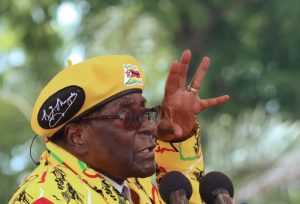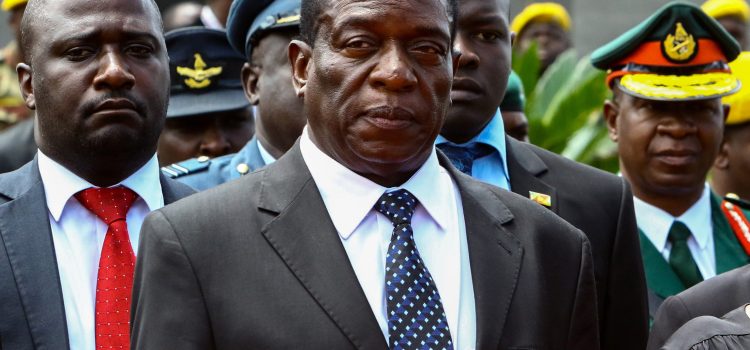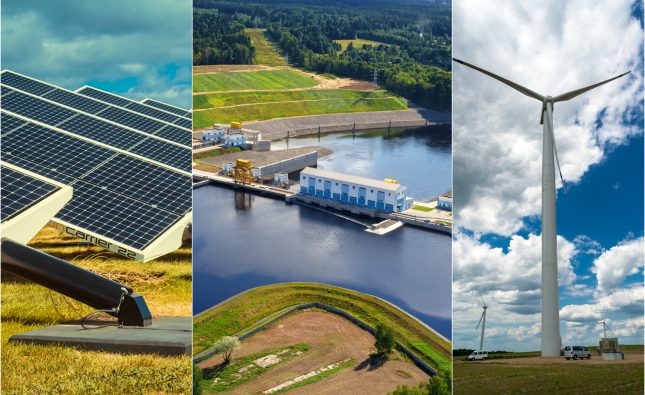
Introduction
President Mnangagwa’s tenure in Zimbabwe has been marked by a series of challenges, achievements, and ongoing comparisons with his predecessor, Robert Mugabe. As Zimbabwe transitioned from the Mugabe era to Mnangagwa’s leadership, expectations were cautiously optimistic for reform and change. However, an assessment of his presidency reveals areas where he has fallen short of even the low standards set by Mugabe’s administration.

Transitioning Leadership: Mnangagwa’s Ascent to Zimbabwe’s Presidency
Mnangagwa’s rise to the presidency was met with mixed reactions. His background as a long-serving ally of Mugabe raised concerns among those hoping for a fresh start. Despite promises of political and economic reform, many questioned whether his administration would truly break away from the entrenched practices of the past.
Challenges Faced: Continuity of Issues from the Mugabe Era
One of the key criticisms of Mnangagwa’s presidency is the persistence of challenges that plagued Zimbabwe during Mugabe’s rule. Issues such as political repression, human rights abuses, and economic mismanagement have not seen the decisive changes that many had hoped for. Instead, these issues persist, albeit sometimes in different forms.
Mnangagwa’s Reforms and Achievements: Steps Forward and Setbacks
Mnangagwa’s presidency has seen attempts at reform and improvements in some areas. Notable achievements include efforts to improve relations with international partners, particularly in terms of re-engagement with Western nations. Additionally, Mnangagwa’s administration has taken steps to address corruption and open up the economy to foreign investment. However, these positive steps have often been overshadowed by setbacks. The handling of protests and dissent has raised concerns about the commitment to democratic principles. Economic reforms have faced challenges, with many Zimbabweans continuing to struggle with unemployment, inflation, and limited access to basic services.
Comparative Evaluation: Falling Short of Low Bar Set by Mugabe
While the Mugabe era was marked by a range of issues, including political repression and economic decline, Mnangagwa’s presidency has struggled to even meet the low bar set by his predecessor:
- Political Landscape: While Mugabe’s rule was characterized by authoritarian tendencies, Mnangagwa’s administration has failed to bring about substantial improvements in terms of political freedoms and human rights.
- Economic Recovery: Despite promises of economic reform, Mnangagwa’s presidency has not delivered the desired economic recovery. The country continues to face high inflation, unemployment, and limited foreign investment.
- Corruption: Corruption was a significant concern during Mugabe’s rule. While Mnangagwa’s administration pledged to address this issue, progress has been uneven, with persistent allegations of corruption within government circles.
- Social Services: Basic services such as healthcare and education have remained inadequate for many Zimbabweans under both administrations, highlighting a lack of progress in improving citizens’ quality of life.
Conclusion
In conclusion, Mnangagwa’s presidency in Zimbabwe has been marked by a mixture of efforts at reform and ongoing challenges. While there have been some positive steps, such as diplomatic re-engagement and limited economic reforms, the administration has fallen short of expectations and even the low standards set by the Mugabe era. Political repression, human rights concerns, economic struggles, and ongoing corruption allegations have raised questions about the extent of genuine change under Mnangagwa’s leadership. As Zimbabwe continues to grapple with these issues, the hopes for meaningful transformation and progress remain a complex and challenging endeavor.










